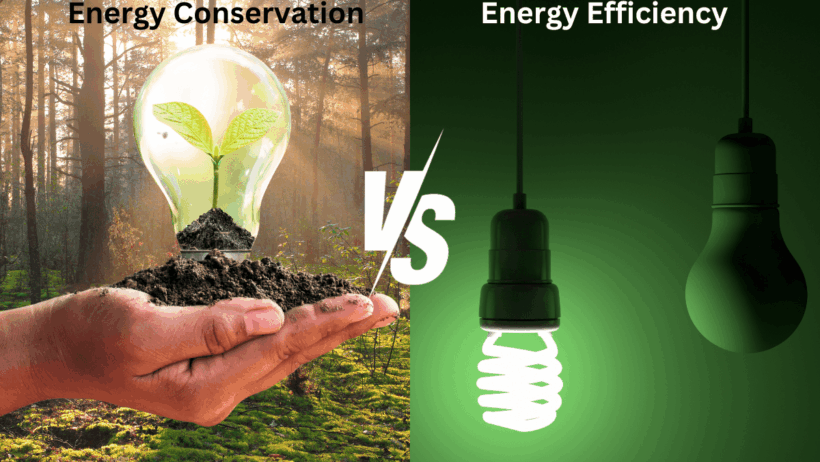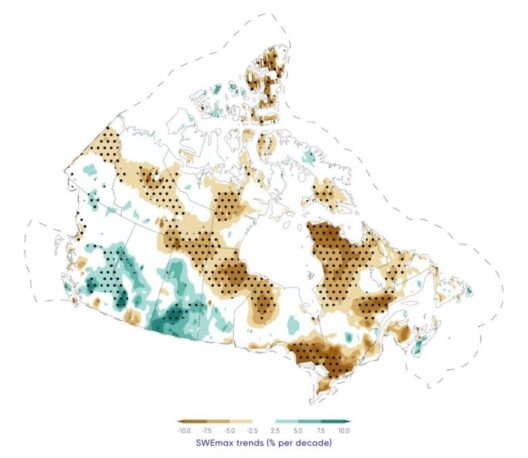In an era increasingly dominated by climate consciousness, the emphasis on fuel efficiency and energy conservation has gained paramount importance. As we grapple with the realities of climate change, the shift towards eco-friendly practices becomes not just a necessity, but a promise of a sustainable future. This article elucidates practical strategies to enhance fuel efficiency and champion energy conservation through conscious choices in our daily lives.
Understanding the distinction between energy conservation and energy efficiency is pivotal in our quest for a greener lifestyle. Energy conservation refers to the practice of using less energy by altering habits, while energy efficiency involves utilizing technology that consumes less energy for the same output. Both principles are intertwined and can be harnessed effectively for significant environmental impact. The journey towards a more sustainable lifestyle starts with optimizing our energy consumption.
1. Adopting Fuel-Efficient Transportation
Commuting habits have profound implications for energy use. One of the most impactful shifts an individual can make is to adopt fuel-efficient transportation options. For instance, utilizing public transportation, carpooling, biking, or walking not only conserves fuel but also reduces greenhouse gas emissions. If driving is necessary, opting for vehicles known for their fuel economy—such as hybrids or electric cars—can drastically decrease fossil fuel reliance.
Moreover, regular maintenance of vehicles plays a critical role in improving fuel efficiency. Simple practices like maintaining proper tire pressure, changing air filters, and using the recommended engine oil can enhance a vehicle’s performance, leading to better fuel economy.
2. Reimagining Home Energy Use
Homes typically consume considerable amounts of energy, yet there are myriad ways to enhance energy efficiency within residential settings. First and foremost, investing in energy-efficient appliances can yield substantial savings over time. Look for products with the ENERGY STAR label, indicating superior energy performance. The transition to LED lighting offers further discrete yet transformative energy savings, as these bulbs consume significantly less power than traditional incandescent bulbs.
Insulation is another fundamental aspect often overlooked. Properly insulating your home prevents heat loss in winter and keeps it cool in summer, ultimately reducing the need for heating and cooling systems to work overtime. This entails checking for gaps around windows and doors and replenishing insulation in attics and walls as needed.
3. Behavioral Modifications for Conscious Consumption
Subtle changes in daily behavior can lead to substantial reductions in energy consumption. Simple acts, such as turning off lights when leaving a room or unplugging electronics when not in use, can accumulate significant energy savings. Furthermore, being mindful of shower durations and washing clothes in cold water can enhance water and energy conservation simultaneously.
Utilizing timers and smart home technology can streamline energy use. For example, programmable thermostats adjust heating and cooling based on occupancy, ensuring that energy is not wasted in unoccupied spaces. By embracing such technologies, homeowners can strike a balance between comfort and efficiency.
4. Embracing Renewable Energy Sources
Transitioning from traditional fossil fuels to renewable energy is a critical step in fostering a sustainable energy future. Harnessing solar energy through installation of solar panels can tremendously reduce reliance on grid power, thus cutting down energy bills while minimizing the carbon footprint. Wind energy is another potent alternative, accessible through community wind farms or individual turbines.
In tandem with other strategies, the use of renewable energy sources embodies a proactive approach to energy conservation. Contributing to local initiatives that promote renewable energies further exemplifies commitment towards sustainable development.
5. Educating and Advocating for Sustainable Practices
Engaging in community education and advocacy amplifies the reach of eco-friendly initiatives. Hosting workshops, participating in local environmental groups, or even educating friends and family members on the importance of sustainable practices can cultivate a culture of conservation. Making sustainability a community priority fosters collective momentum towards reducing energy consumption.
Encouraging schools to integrate environmental education into their curricula is another potent avenue. Educating younger generations about the principles of fuel efficiency and energy conservation instills long-lasting values that can transform future behaviors. Together, these efforts can drive systemic change at multiple levels.
6. Evaluating the Impact of Dietary Choices
While it might seem unconventional, dietary choices significantly impact environmental health. The production of meat and dairy contributes disproportionately to greenhouse gas emissions. By incorporating more plant-based foods into our diets, individuals can reduce their carbon footprint while simultaneously promoting health. Simple changes, like participating in Meatless Mondays or seeking local, seasonal produce can yield immediate benefits.
Supporting local agriculture not only enhances the quality of food consumed but also reduces energy spent on transportation. By forging connections with local farmers, consumers can access fresher produce while contributing to the regional economy.
Conclusion: A Shift in Perspective
Ultimately, the journey towards increased fuel efficiency and energy conservation hinges on a fundamental shift in perspective. Embracing the mantra of ‘reduce, reuse, recycle’ extends beyond material consumption to encompass our energy practices. By adopting mindful habits, leveraging technology, and supporting systemic changes, individuals can contribute to a larger movement striving for sustainability.
The promise of eco-friendliness is within our grasp. Through dedicated efforts, we can not only improve our own lives but also safeguard the planet for future generations. The time for action is now—every small change can cascade into significant societal transformation.







